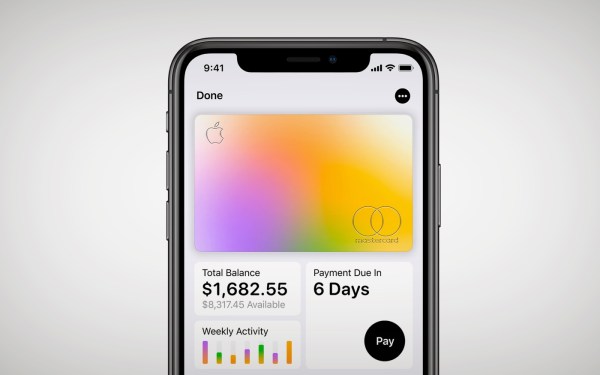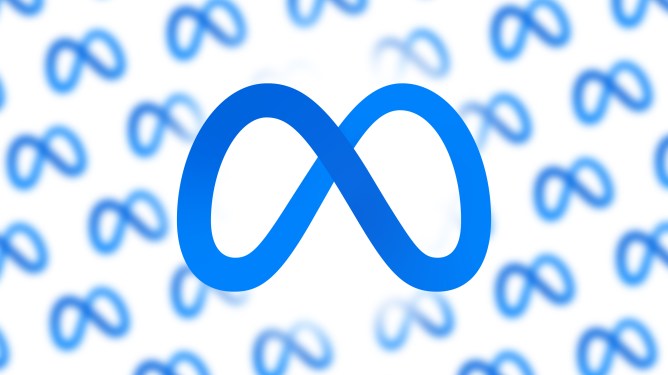Since Friend.tech opened its invite-only beta test 11 days ago, the decentralized social-focused app has quickly attracted a lot of users, even catching the attention of big name crypto influencers, NBA players and OnlyFans creators. But can it convert all the early hype to meaningful, lasting traction?
How Friend.tech Works
The app, built on Coinbase’s layer-2 blockchain Base, allows users to tokenize their likeness by selling ‘shares’ of themselves to their followers, who then become shareholders and can message the users directly.
The Tokenization Model
The tokenization model is based on the concept of shares. Users can buy and sell shares of other users, with the price being determined by market demand. This means that users can profit from the appreciation of value in their shares, while also having a direct line of communication with the user they invested in.
Fees and Revenue
Friend.tech charges a total of 10% in fees per transaction, with 5% going to Friend.tech and the other 5% going to the account holder. In the past 24 hours, the platform has brought in $1.42 million in fees and $709,839 in revenue, making it the third-largest fee and revenue generator in the entirety of crypto during that time frame.
Early Traction
Since its launch, Friend.tech has seen a total volume of 33,596 ether, or about $55.5 million, across 1.29 million transactions, according to Dune analytics data from Michael Silberling, a data analyst at OP Labs.
Concerns and Criticisms
Despite the app’s significant early traction, many people are skeptical about its viability due to several concerns:
Lack of Privacy Policy
One of the major criticisms of Friend.tech is its lack of a clear privacy policy. Users are required to deposit ether upon signing up, which raises concerns about security and data protection.
Laggy Interface
Users have reported experiencing laggy interfaces and poor user experience, making it difficult for them to navigate and use the app effectively.
Unclear Roadmap
There is limited information available about Friend.tech’s roadmap and future plans, leaving users and investors uncertain about the app’s long-term prospects.
Comparison to DeSo
Friend.tech is often compared to BitClout (later rebranded to DeSo), a crypto social network that launched in 2021 but eventually fizzled out. Skeptics believe that Friend.tech’s fate will be similar, citing concerns about price manipulation and pump-and-dump schemes.
Lessons from DeSo
The failure of DeSo provides valuable lessons for the development of decentralized social media platforms. It highlights the importance of a clear roadmap, transparent communication, and robust security measures to build trust with users and investors.
Obstacles Ahead
Friend.tech still has several obstacles to overcome before it can achieve long-term success:
Competition from Established Players
The decentralized social media space is highly competitive, with established players like Twitter and Facebook vying for market share.
Regulatory Challenges
Decentralized platforms like Friend.tech face regulatory challenges due to the lack of clear guidelines and frameworks for crypto-based social media.
Conclusion
Time will tell whether Friend.tech can overcome its obstacles and achieve long-term success. However, the quick growth is proof that there is a market for decentralized social media platforms, and this iteration – or maybe the next one – could grow the industry both internally and externally.
Future Prospects
As the crypto community continues to evolve, it will be interesting to see how Friend.tech adapts and innovates in response to user feedback and changing market conditions. With the right approach, decentralized social media platforms like Friend.tech have the potential to revolutionize the way we interact online.











